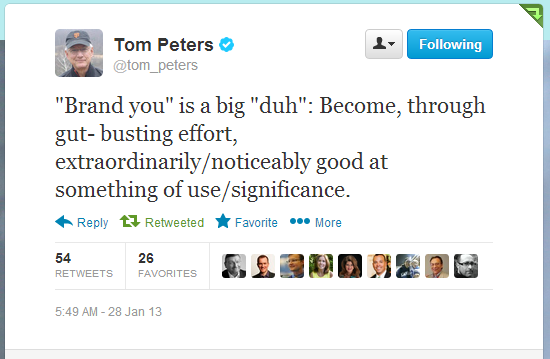 I spoke to journalist Caitlin Fitzsimmons recently about prosumers and co-design in the future of shopping. The following excerpt comes from Caitlin Fitzsimmon, ‘Customer in control: The future of shopping is already here and retailers are battling to keep up’, BRW 07 November 2013.
I spoke to journalist Caitlin Fitzsimmons recently about prosumers and co-design in the future of shopping. The following excerpt comes from Caitlin Fitzsimmon, ‘Customer in control: The future of shopping is already here and retailers are battling to keep up’, BRW 07 November 2013.
———————————-
Personalisation and participation
Personalisation is usually viewed through the prism of customer data. For example, eBay tracks when users buy infant formula or nappies and then updates the offer every few months as the shopper’s baby grows up.
But personalisation is about more than that. One of the best examples is Shoes of Prey, which lets consumers design their own shoes using templates on the site.
Another Sydney start-up, StyleRocks, does the same for jewellery, although its website is not as advanced. Shoes of Prey taps into several key consumer trends – most importantly, the desire to have fun and take part in an experience, not just buy a product.
The website is highly visual and social. Users can view shoes from multiple angles, explore designs by other people, and share their designs on social networks such as Facebook and Twitter.
The desire for something special is also one of the factors behind the popularity of marketplaces for handmade items such as Etsy and Zibbet. Both are also very highly visual sites, with strong communities and curation elements.
Tim Rayner, co-founder of consultancy Philosophy for Change, says social media is increasing people’s design expectations and this benefits sites such as Etsy.
“If you go on Pinterest, for example, you can leaf through a vast range of different designs for large objects, which greatly increases the consumer imagination and expectations for what they can find on the market,” he says.









